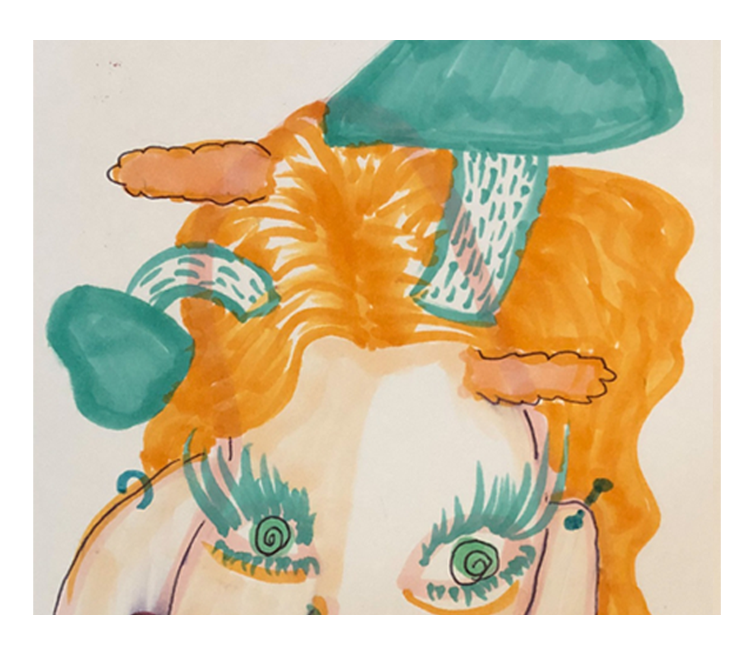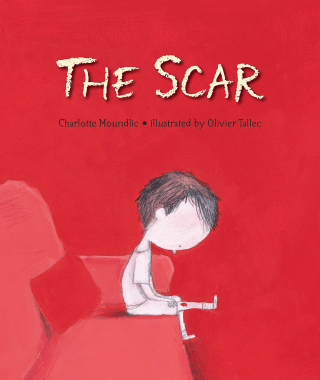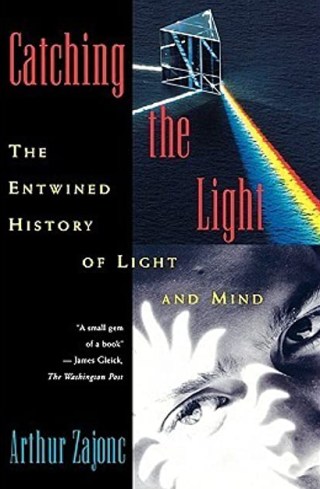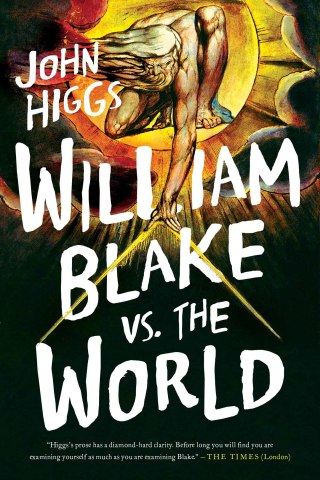The particular bit of hardware is the brain’s posterior cingulate cortex — our built-in GPS of love. Scanning the environment and processing innumerable bits of sensory information, the PCC is constantly calibrating and recalibrating the psychological distance between us and the people we love, tightening the bond the closer we feel and loosening it when we sense distancing. Death turns the GPS into a crude compass trying to orient to an all-pervading, ever-shifting magnetic field suddenly bereft of its true north. O’Connor writes:
The brain devotes lots of effort to mapping where our loved ones are while they are alive, so that we can find them when we need them. And the brain often prefers habits and predictions over new information. But it struggles to learn new information that cannot be ignored, like the absence of our loved one.
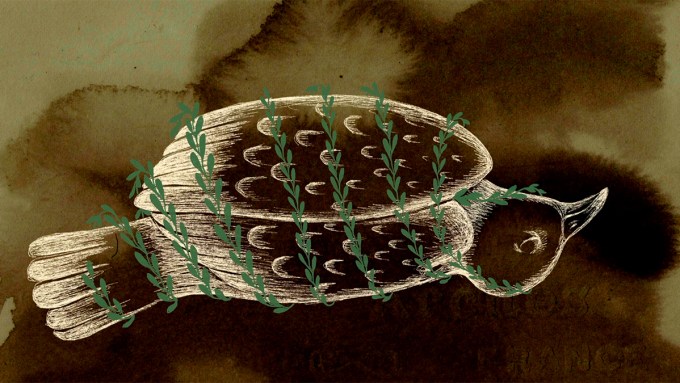
Where the missed and missing person goes on the map, how the remapping actually unfolds, and what it takes to redraw the map in such a way that the world feels whole again are the questions coursing through The Grieving Brain: The Surprising Science of How We Learn from Love and Loss (public library) by neuroscientist Mary-Frances O’Connor — a pioneer in fMRI research since the technology first became available, who has devoted a quarter century to studying the particular neurophysiology of grief. She writes:
Drawing on brain imaging studies, she adds:
Although volumes have been written about the psychology, philosophy, and poetics of grief — none more piercing than the Joan Didion classic, none more practical than Seneca’s advice to his bereaved mother — there is something singularly revealing about exploring grief from the point of view of the brain beneath the mind, which must begin at the developmental beginning. Childhood — the brain’s most fertile growth period, when most of its major infrastructure is laid out — is also our training ground for loss. Every time we are separated from our primary caregivers, we experience scale-models of loss; every time they return, we learn that the loss of their presence is not a loss of their person, of their love. (A pause worth taking: every abandonment is a miniature of grief.)
Grief is a heart-wrenchingly painful problem for the brain to solve, and grieving necessitates learning to live in the world with the absence of someone you love deeply, who is ingrained in your understanding of the world. This means that for the brain, your loved one is simultaneously gone and also everlasting, and you are walking through two worlds at the same time. You are navigating your life despite the fact that they have been stolen from you, a premise that makes no sense, and that is both confusing and upsetting.
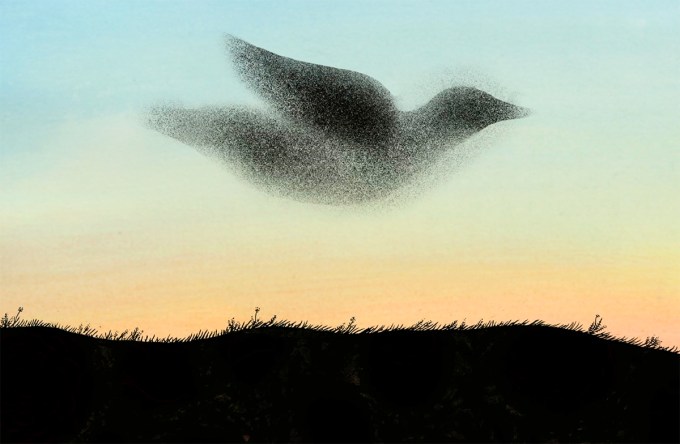
The greatest challenge, of course, is the perennial challenge of the human mind — how to integrate seemingly contradictory needs or ideas in such a way that they coexist harmoniously, perhaps even magnify each other, rather than cancel each other out. Without such integration, any new relationship can feel like a threat to this ongoing inner bond with the dead, undamming a flood of grief at the notion of emotional erasure: grief for the grief itself, for that outstretched hand holding on to the gone and to ourselves at the same time, to the map as it used to be. This is a fear so understandable as to cusp on the universal. It is also — and this might be the most assuring part of O’Connor’s research — a neurophysiologically misplaced fear. Within the brain, every person we love leaves a tangible, structural imprint, encoded in synapses that can never be vanquished or replaced by new and different love. Because that bond — like every bond, like every idea, like the universe itself — was “only ever conjured up in the mind,” it is there too that it always lives, unassailable by other minds and other events.
I am speaking of the paradox inside the brain:
Citing the disoriented devastation of a woman ghosted by a lover, O’Connor notes that “ghosting” is the neurologically appropriate word-choice for such abandonments — studied under fMRI, the brain of a person who has lost a loved one to “ghosting” behaves much the same way as the brain of a person who has lost a loved one to death, the mental map suddenly crumbled and torn to pieces. O’Connor describes the strange yet strangely sensical way in which the brain copes with this incomprehensible disruption of reality:
This confusion is so fundamental and so primal, so beyond the reach of reason, that it befalls minds indiscriminately along the spectrum of intelligence and self-awareness — a reality most clearly and devastatingly evinced in the extraordinary love letter Richard Feynman wrote to his wife 488 days after her death and 6,994 days before he won the Nobel Prize in Physics.
This confusion is so fundamental and so primal, so beyond the reach of reason, that it befalls minds indiscriminately along the spectrum of intelligence and self-awareness — a reality most clearly and devastatingly evinced in the extraordinary love letter Richard Feynman wrote to his wife 488 days after her death and 6,994 days before he won the Nobel Prize in Physics.
This confusion is so fundamental and so primal, so beyond the reach of reason, that it befalls minds indiscriminately along the spectrum of intelligence and self-awareness — a reality most clearly and devastatingly evinced in the extraordinary love letter Richard Feynman wrote to his wife 488 days after her death and 6,994 days before he won the Nobel Prize in Physics.
This confusion is so fundamental and so primal, so beyond the reach of reason, that it befalls minds indiscriminately along the spectrum of intelligence and self-awareness — a reality most clearly and devastatingly evinced in the extraordinary love letter Richard Feynman wrote to his wife 488 days after her death and 6,994 days before he won the Nobel Prize in Physics.
Our understanding of ourselves changes as we gain wisdom through experience. Our relationships with our living loved ones can grow more compassionate and resonant with gratitude as we age. We can also allow our interactions with our beloved ones who are gone to grow and change, even if only in our minds. This transformation of our relationship with them can affect our capacity to live fully in the present, and to create aspirations for a meaningful future. It can also help us to feel more connected to them, to the best parts of them… Their absence from our physical world does not make our relationship to them any less valuable.
Making an important distinction between grief (“the intense emotion that crashes over you like a wave, completely overwhelming, unable to be ignored”) and grieving (an ongoing process punctuated by recurring moments of grief but stringing the moments into a larger trajectory), O’Connor adds:
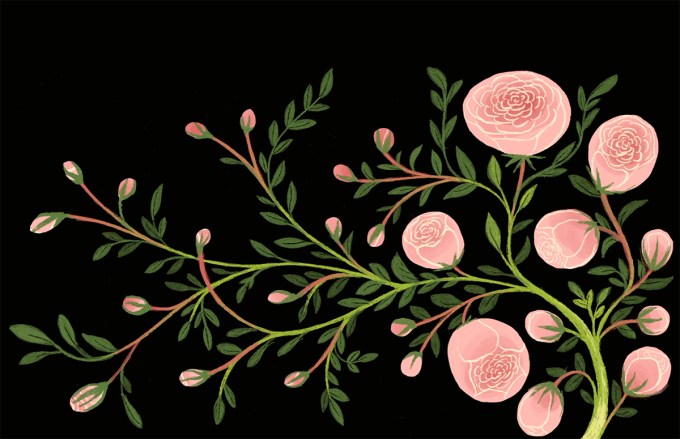
On the one hand, we lose people all the time — to death, to distance, to differences; from the brain’s point of view, these varieties of loss differ not by kind but only by degree, triggering the same neural circuitry, producing sorrow along a spectrum of intensity shaped by the level of closeness and the finality of the loss.
Grieving requires the difficult task of throwing out the map we have used to navigate our lives together and transforming our relationship with this person who has died. Grieving, or learning to live a meaningful life without our loved one, is ultimately a type of learning. Because learning is something we do our whole lives, seeing grieving as a type of learning may make it feel more familiar and understandable and give us the patience to allow this remarkable process to unfold.
Gaining a new relationship is simply not going to fill the hole that exists. Here is the key — the point of new roles and new relationships is not to fill the hole. Expecting that they will can only lead to disappointment.
Understood this way, then, the ongoing relationship with the gone is a lavishment to other loves, for it has made us exactly who we are — the person doing the loving, the person being loved, the mapmaker of present and possible worlds. O’Connor offers neural affirmation for this poetic aspiration:
And besides, what does it mean to lose a love anyway? We never lose people, not really. I don’t mean this in some mystical sense — let there be no confusion about what actually happens when we die. I don’t even mean it in the poetic sense. I am speaking strictly from the point of view of the mind emerging from the dazzling materiality of the brain — that majestic cathedral of cortex and synapse shaping every thought we have and every feeling we tremble with.
Closeness is partially under our control, and we learn how to maintain and nurture this closeness, but we also trust those who love us to maintain that closeness as well.


